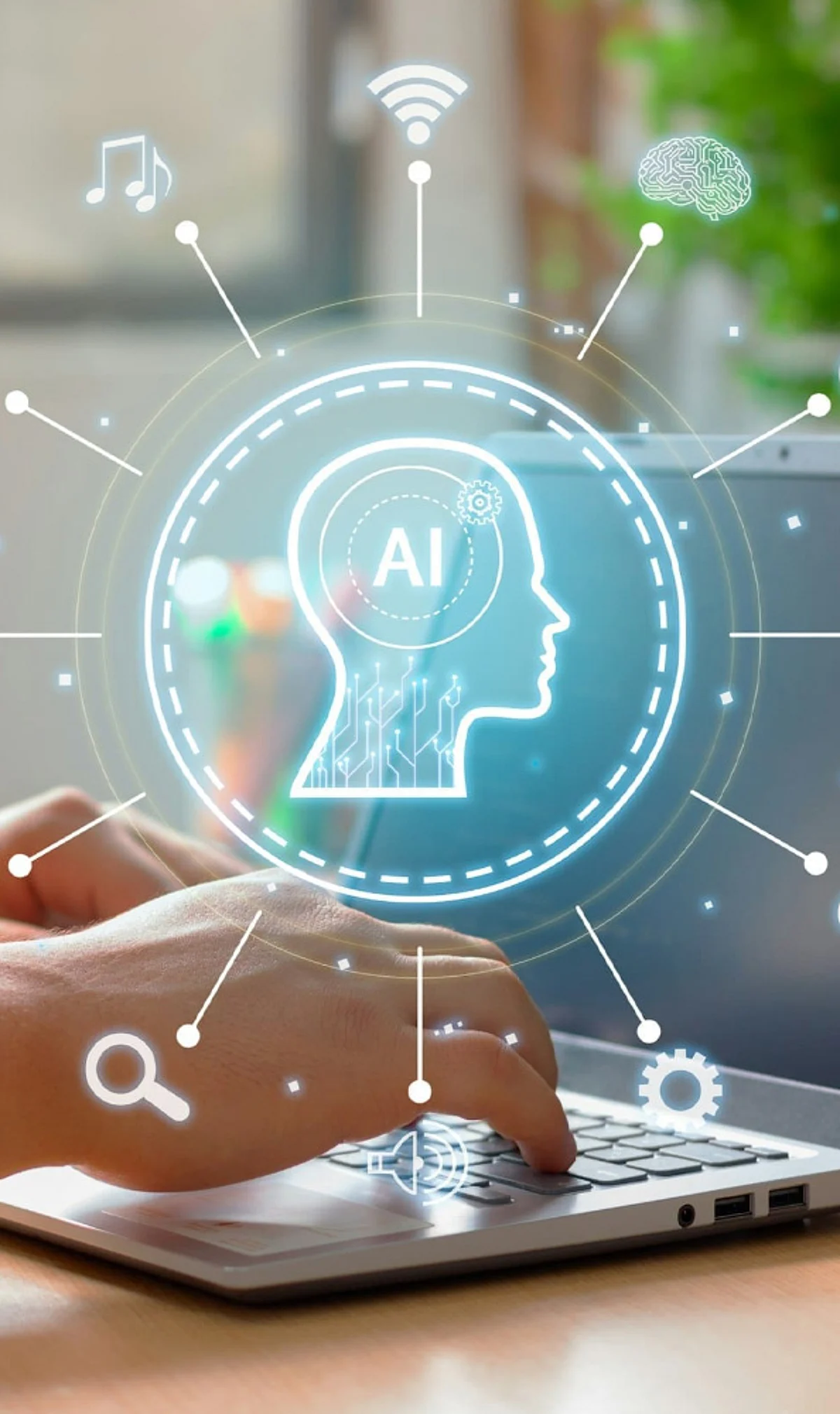The landscape of information technology is undergoing a profound transformation, driven by the rapid advancement of Artificial Intelligence (AI). By 2025, AI is set to reshape key areas within the IT sector, including AIOps, edge computing, low-code platforms, cybersecurity, and quantum AI. This evolution not only influences technological capabilities but also significantly alters the future of work and operational efficiency across industries.
AI’s impact on AIOps, or Artificial Intelligence for IT Operations, is particularly noteworthy. This technology leverages machine learning to automate and enhance IT operations, allowing organizations to streamline processes and improve service delivery. According to a report from Gartner, the adoption of AIOps is expected to increase by over 25% in the next two years, underscoring its critical role in the evolving IT landscape.
Emerging Technologies and Their Impacts
Edge computing is also gaining momentum as businesses seek to process data closer to its source, minimizing latency and enhancing performance. The International Data Corporation (IDC) predicts that by 2025, 60% of data will be generated and processed at the edge. This shift allows organizations to harness real-time insights, which is essential for applications ranging from IoT devices to autonomous vehicles.
Another significant trend is the rise of low-code platforms. These tools enable users to develop applications with minimal coding knowledge, democratizing software development. A survey conducted by Forrester Research indicates that 84% of organizations plan to adopt low-code solutions within the next year, highlighting a shift towards greater operational agility and innovation.
Cybersecurity remains a pressing concern as cyber threats continue to evolve. AI-driven security solutions are increasingly being employed to detect and mitigate risks. A report from Cybersecurity Ventures estimates that global spending on cybersecurity will exceed $1 trillion between 2021 and 2025, reflecting the urgent need for robust defenses against sophisticated attacks.
Quantum AI: The Next Frontier
As organizations invest in AI, the emergence of quantum AI presents new possibilities. This cutting-edge technology combines quantum computing with AI algorithms to solve complex problems at unprecedented speeds. Experts believe that by 2025, quantum AI could revolutionize fields such as drug discovery and financial modeling, creating significant economic opportunities.
The implications of these trends extend beyond technology. As AI and related technologies transform the IT sector, they will also influence the global workforce. Companies will require employees who are skilled in AI, data analysis, and software development, prompting a shift in educational programs and professional training.
In conclusion, the integration of AI into the IT industry by 2025 promises to enhance operational efficiency and drive innovation across various sectors. As organizations adapt to these changes, the need for skilled professionals will become increasingly critical, shaping the future of work in the digital age. The ongoing evolution of technology underscores the importance of staying informed and prepared for the challenges and opportunities that lie ahead.






































































